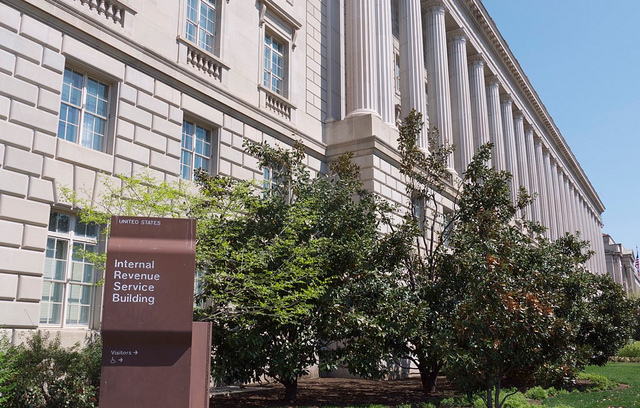
Imagine running a small, cash-only business for 40 years when Internal Revenue Service agents arrive at the door one morning. They inform you of $33,000 seized from your accounts due to the agency’s suspicion that a crime occurred.
Carole Hinders experienced this first hand and many other law abiding citizens are fighting IRS civil asset forfeiture policies right now. This practice allows law enforcement to take money from individuals who have not been convicted of a crime. Last week, however, major legislation unanimously passed through the Ways & Means Subcommittee that will mark a significant shift in the way the IRS can abuse civil asset forfeiture.
In order to combat IRS overreach, Rep. Roskam (R-IL) and Rep. Crowley (D-NY) introduced the Restraining Excessive Seizure of Property through the Exploitation of Civil Asset Forfeiture Tools, or RESPECT Act. The legislation “revises the authority and procedures that the Internal Revenue Service (IRS) uses to seize property that has been structured to avoid Bank Secrecy Act (BSA) reporting requirements.” It also requires the IRS to find individuals who were affected and make them aware of their rights.
Americans for Tax Reform president Grover Norquist has come out in support of this legislation. According to Norquist, “HR 1843 [RESPECT Act] would bar the IRS from performing these seizures unless they have a real underlying crime to justify their actions.”
Under authority of the IRS Criminal Investigation unit (CI), the federal government seized $17.1 million in 2016. The Treasury Inspector General for Tax Administration (TIGTA) also asserted that “current law does not require that the funds have an illegal source” to be eligible for forfeiture. Highlighted on page three of the above TIGTA report, findings show there has been a serious mishandling of civil asset forfeiture policy.
There are clear implications with laws that simply do not conform to the constitution. Americans have a right to be considered innocent until proven guilty.
Taking assets from citizens without sufficient evidence creates a slippery slope in which the government places the onus on law abiding taxpayers and business owners. Reporting from the New York Times in 2014 unveiled “the government can take the money without ever filing a criminal complaint, and the owners are left to prove they are innocent. Many give up.” The IRS holds unilateral power to employ civil asset forfeiture under current law and the RESPECT Act aims to curb this exploitation of average Americans.
For too long the IRS has disregarded the financial realities of everyday small businesses. Eliminating explicit overreach through legislation is the least Congressional leaders can commit to for those that lay the foundation of the American economy. Americans for Tax Reform encourages lawmakers to support the RESPECT Act as a first step towards defending vital constitutional rights.

